Bermuda grass in raised rose bed
red_geranium
13 years ago
Related Stories

FARM YOUR YARDHow to Build a Raised Bed for Your Veggies and Plants
Whether you’re farming your parking strip or beautifying your backyard, a planting box you make yourself can come in mighty handy
Full Story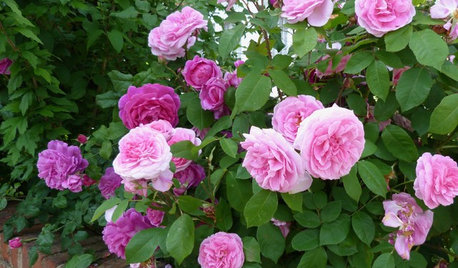
GARDENING GUIDESWhat Kind of Roses Should You Grow?
Want to add the beauty of roses to your garden? Find out which ones, from old-fashioned to modern, are right for you
Full Story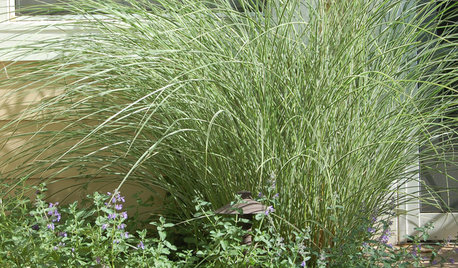
GARDENING AND LANDSCAPING5 Smokin' Warm-Season Grasses
Beat the heat with beautiful grasses that help your landscape shine from summer through fall
Full Story
LANDSCAPE DESIGNIs It Time to Consider Fake Grass?
With more realistic-looking options than ever, synthetic turf can be a boon. Find the benefits and an installation how-to here
Full Story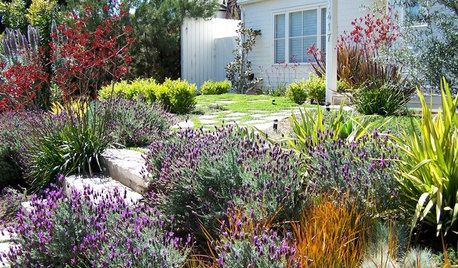
SAVING WATERGreat Plants for Lush, Low-Water Gardens
Water restrictions making your garden look washed out? Give it living color with unthirsty grasses, flowers and succulents
Full Story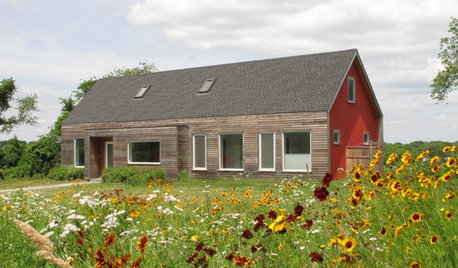
LANDSCAPE DESIGNHow to Design a Meadow Garden Everyone Will Love
Petite grasses or sedges plus flowers make for a manageable landscape that welcomes wildlife
Full Story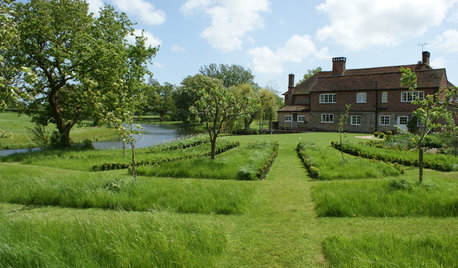
GRASSESHow to Rock a Lawn
Weekend Project: The key to healthy grass begins with the soil. If turf works for you, here’s how to fix it and keep it looking its best
Full Story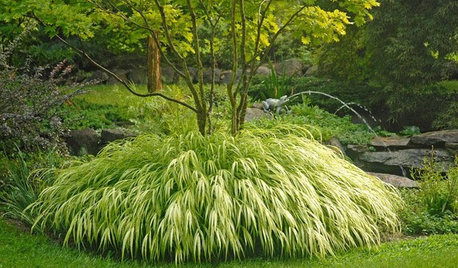
PRODUCT PICKSGuest Picks: 20 Gorgeous Perennials to Plant Now
Take advantage of warm spring weather to create a colorful garden with blooming plants, succulents and ornamental grasses
Full Story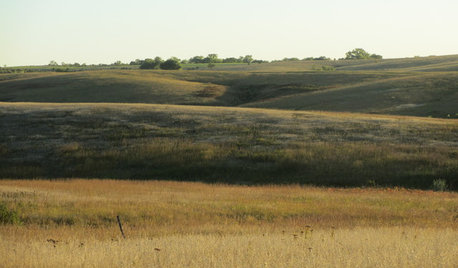
GARDENING GUIDESHow to Get Your Prairie On
Have a field day with your landscape, even if you've got just a few modern containers on a paved path
Full Story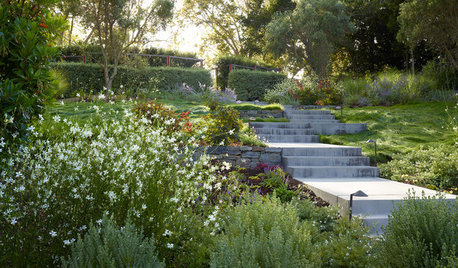
EARTH DAY5 Ideas for a More Earth-Friendly Garden
Consider increasing the size of garden beds, filtering rainwater and using plants to reduce energy use
Full Story



melvalena
cweathersby
Related Discussions
Raised beds over grass?
Q
is it ok to put soil directly on grass when filling raised beds?
Q
Raised bed PROBLEM with grass growing in it
Q
Raised Bed over Bermuda. Should I kill/till/remove/smother it???
Q
melvalena
roselee z8b S.W. Texas
melvalena
justintx
bossjim1
roselee z8b S.W. Texas
holleygarden Zone 8, East Texas
roselee z8b S.W. Texas
carrie751
roselee z8b S.W. Texas
cweathersby
carrie751
cweathersby
carrie751
red_geraniumOriginal Author
justintx
roselee z8b S.W. Texas
carrie751
seamommy
holleygarden Zone 8, East Texas
hitexplanter
holleygarden Zone 8, East Texas
hitexplanter
carrie751
roselee z8b S.W. Texas
roselee z8b S.W. Texas
hitexplanter
roselee z8b S.W. Texas
cweathersby
hitexplanter
red_geraniumOriginal Author
melvalena